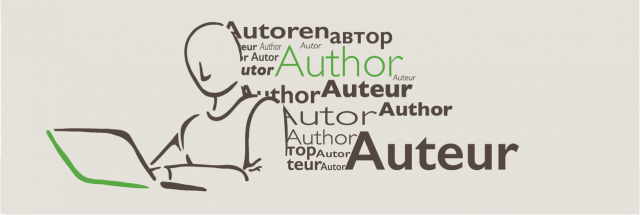The International Farmers Dialogue is seeking new approaches to global farming problems.
 Claude Bourdin, Pat Evans, and Dr. Christie Peacock who spoke at a Greencoat Forum in London, April 2004, on agricultural issues
|
‘Farming as if everyone mattered’ was the theme of a public forum at the IofC center in London on 20 April. It was hosted by the International Farmers Dialogue – a programme of Initiatives of Change.
Coordinator Jim Wigan introduced French farmer Claude Bourdin and Dr Christie Peacock, Chief Executive of the British-based non-governmental organisation Farm Africa. 'Agriculture used to have a very high standing in the development plans of Western countries, but over the last 10 years this has been lost,' Dr Peacock warned. She appealed for greater status to be accorded to small farmers across Africa.
'For a long time we as an organisation just coped with it and carried on giving what help we could. But now we have decided we must do something.' Farm Africa has produced an 'agenda and rationale' for investing in African agriculture and is busy lobbying DFID (the UK’s Department for International Development). A new document, ‘Reaching the poor – a call to action’, sets out why it makes sense to invest in small holder farmers in Africa. Although it was understandable that governments gave large sums in direct food aid during a crisis, it made more sense to enable poor farmers to increase their production. Investment in farming and in the all-important local infrastructure was at an all-time low. This showed a total lack of vision, Dr Peacock asserted. The UN’s Millennium Development Goals put by far the greater emphasis on health and education. These were important, but common sense and perspective were needed as support for farming was fundamental to the future. She urged everyone present to write to their MPs, asking them to press for a greater percentage of the African aid budget to be given to agriculture.
French farmers are finding it increasingly hard to make a living and feel both insecure and under-valued, Claude Bourdin said. As well as being Coordinator for the International Farmers' Dialogue in France, he is the organiser for a local Farmers-Employers group and currently Mayor of his village, where there are five local farms. 'Sometimes farmers feel they are treated as just gardeners or as tourist appendages. There is no hope and no vision.' There were economic pressure from retailers, pressure from consumer groups and pressure from environmental groups. 'Appearances can be deceptive. Today you need to judge French farmers not by the size of their tractors or even their farms, but by the size of their overdrafts with the bank.' The Farmers Dialogue programmes gave hope, he said, because the opportunity for international contacts made French farmers realise they were not alone and helped them to see their profession in a larger world framework. 'We see what we have in common – the attachment to the land, which gives life, and the vocation to grow food, which also gives life. As we talk with farmers from other countries and situations, we are given new ideas and gain new perspectives. Sometimes simply having a discussion enables common sense solutions to emerge.'
Paul Williams



